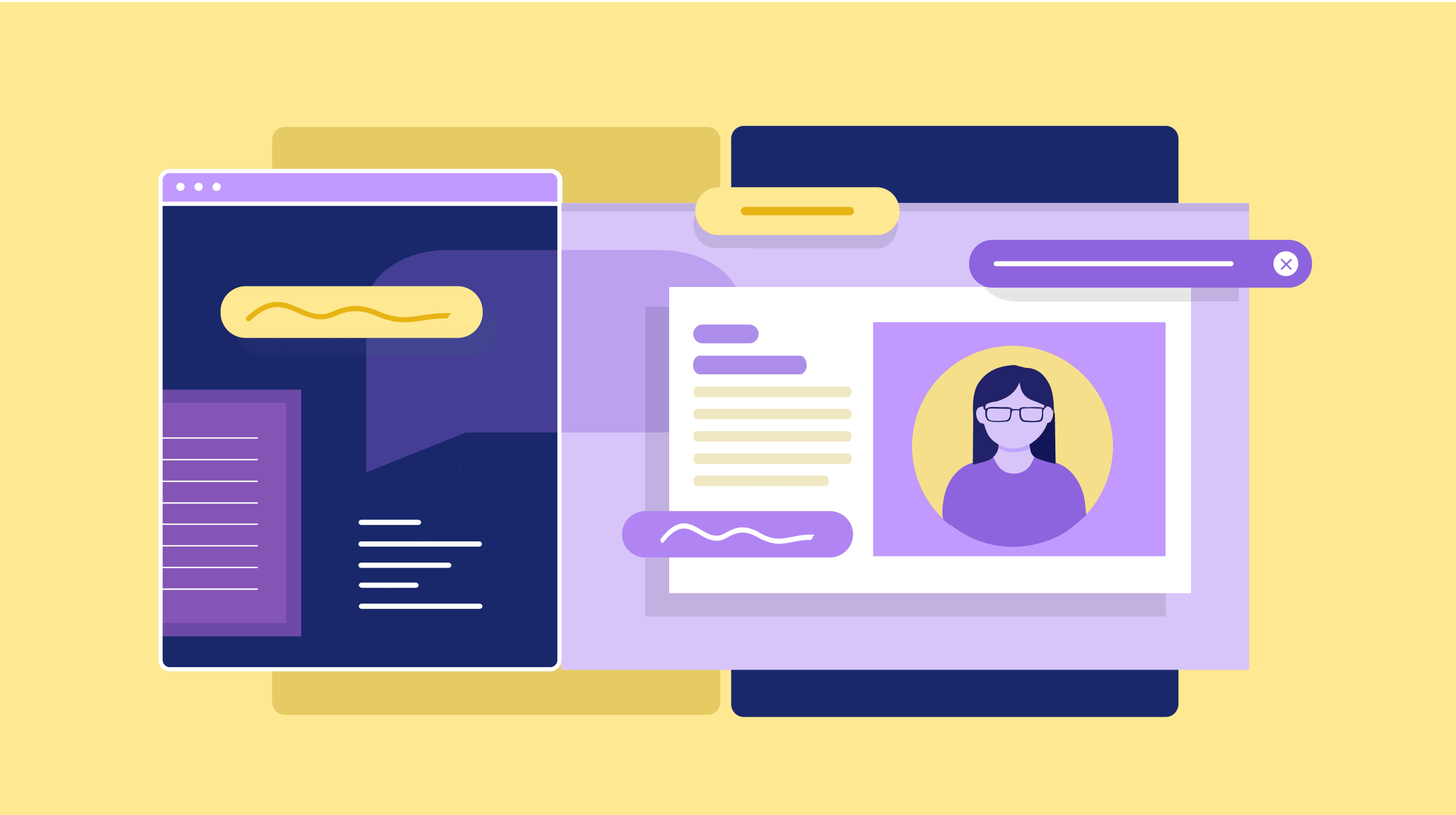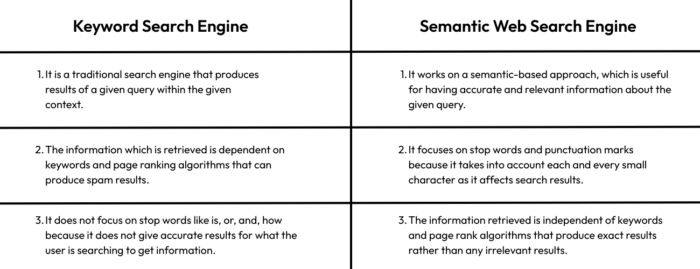This Is The Easiest Way To Fall Asleep Faster, Research Finds
And how much sleep you need, based on age

Advertisement
This ad is displayed using third party content and we do not control its accessibility features.
Advertisement
This ad is displayed using third party content and we do not control its accessibility features.

Health Editor
Health Editor
Ailsa Cowell is the Health Editor at mindbodygreen. She holds a M.S. in Human Nutrition from the University of Bridgeport and a B.S. in Environmental Studies and Sustainability from Northern Arizona University. Previously, Ailsa was the Managing Editor for Dr. Mark Hyman. She also worked as a functional nutritionist and freelance writer for other experts and brands in the health space.
Image by Ivan Ozerov / Stocksy June 19, 2025 This article is from our sleep-focused newsletter, Sleep School, where we break down the latest research, expert-backed strategies, and practical tips to help you fall asleep faster, stay asleep longer, and wake up feeling refreshed. For weekly insights delivered straight to your inbox, you can subscribe right here. I love food, and I love sleep, so naturally, I’m intrigued when I read something that links the two together. Today, I’m sharing some research on the nighttime benefits of including protein in your diet, along with ways you can leverage your sleep schedule for optimal aging. ---------------------------------------------------------------- What we eat before bed and how well we sleep is often overlooked, so consider this your sign to pay closer attention to your nighttime nutrition. Research shows protein content may play a meaningful role in sleep quality1: Eating more protein for your last meal of the day is a safe intervention to experiment with, and it comes with many other proven whole-body benefits. It may be your ticket to deeper, more restorative sleep. +Food for thought ---------------------------------------------------------------- Did you know that as you age, your circadian rhythm may actually shift forward in time? This is called a phase advance, and for many, it means getting tired earlier in the day and waking up earlier in the morning. Here’s the catch, though—this does not mean you need less sleep as you age, which is a common misconception. Most adults still need at least 7 hours of sleep to put their best foot forward. +Early to bedsleep school
Power up your bedtime snack
Sleep facts
Advertisement
This ad is displayed using third party content and we do not control its accessibility features.

 ValVades
ValVades 



























.jpg&h=630&w=1200&q=100&v=90ed771b68&c=1)





